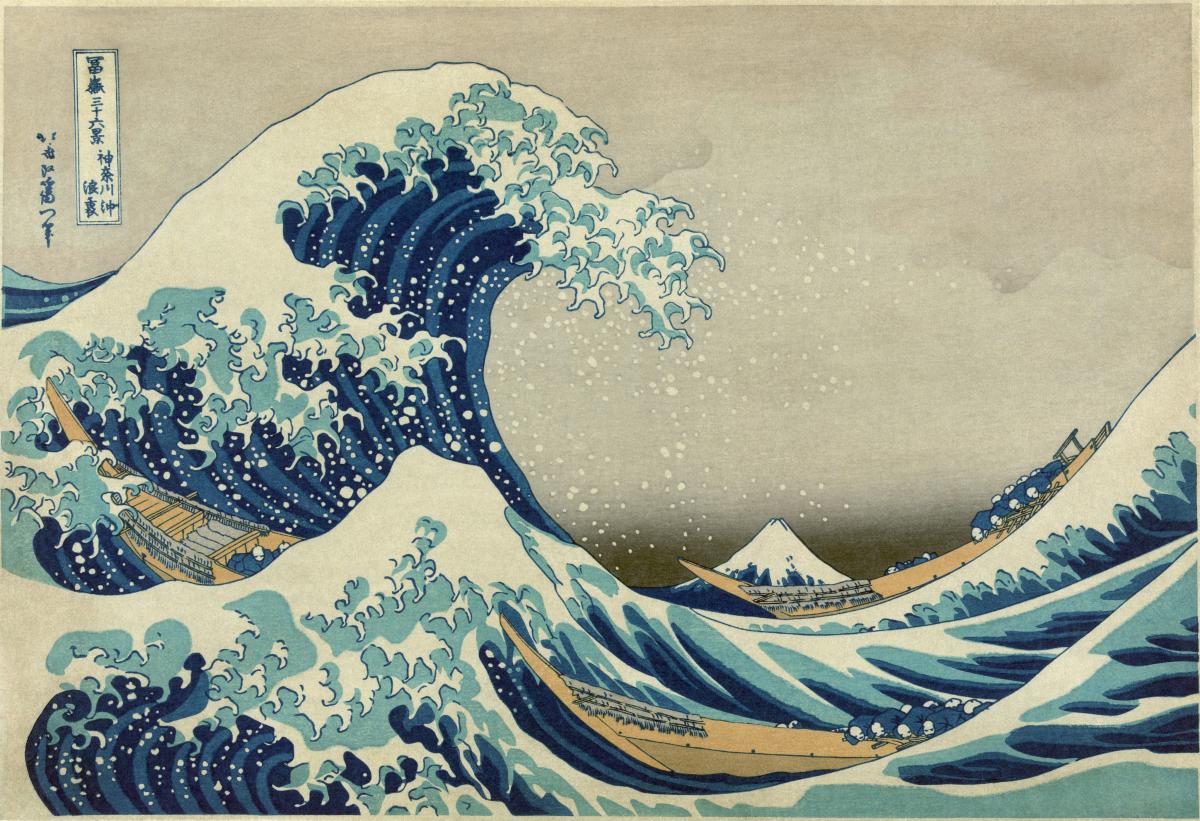Monday, June 26
8:30 – 9:00 AM
Check in & breakfast
9:00 – 10:20 AM
What's the Catch: The Role of Fisheries in Economic Development Along Coastlines
Maren Anderson
In order to understand the role of the ocean in the development of towns and cities among coastlines, and the growth of industry and economy, it is important to understand what the associated natural resources allow for. What is a fishery? How does climate play a role in the migration of fish, and how does this affect fishing seasons, total catch, and total profit? How have fisheries been sustained through the last 500 years, and how are various nations affected by fluctuating populations due to climate change and overfishing? In this session, we will dive into the basics of oceanography and understanding life history of fish, what fisheries are and how they are managed, and how their populations impact the economy of adjacent coastlines.
10:30 AM – 11:50 PM
American Whaling in the World: The Golden Age in a Global Perspective
Jennifer Metz
American vessels dominated the global whaling industry in the late eighteenth through mid nineteenth centuries. Examining American whaling from a global perspective allows a deeper understanding of the historical implications of this powerful economy. We will highlight issues of race, class, and gender as we examine the economic and ecological implications of international whaling. We will evaluate whaling technology and the consequences of its decline through a global lens as well.
12:15 – 2:00 PM
Lunch and Latitude Lecture & Demo (@ Berkeley Marina)
Paul Kamen
2:00 – 3:30 PM
Option 1: Credit Group work session & discussion (credit group only)
Option 2: Dragon Boat Outing @Berkeley Marina (open to all participants)
Tuesday, June 27
8:30 – 9:00 AM
Check in & breakfast
9:00 – 10:20 AM
The Ancient Mediterranean: Ecology, Economy, and Society
Chris Blunda
What is the Mediterranean? What are its features? Is it a static or dynamic concept? This talk will explore the interrelationship of ecology, economy, and society in the Mediterranean basin from Archaic Greece to Late Antiquity in an effort to identify and to explain the historical Mediterranean.
10:30 – 11:50 AM
Spice, Steam, and the Modern Girl: Asian Port-Cities in a Globalising World
Su Lin Lewis
This talk explores Asian port-cities as sites of interaction between diverse cultures and as drivers of change within a globalising world, from the heyday of the spice age to the tail end of the age of steam.
11:50 AM – 12:30 PM
Lunch & discussion
1:00 – 2:30 PM
Curated Tour: Maritime Objects at the Hearst Museum (@Hearst Museum)
2:45 – 4:00 PM
Credit Group work session & discussion
Wednesday, June 28
9:00 – 9:30 AM
Check in & breakfast
9:30 – 10:50 AM
Oceans Connect. Or do they? Alan Karras
Oceans facilitate trade, to be sure, and have for centuries. But maritime commerce has historically required rules and regulations, created by states at various moments. These rules and regulations were not always obeyed, and sometimes for good reason. By exploring the roles of piracy, privateering, and trading companies across time and space, we can learn much about the ways in which the public engaged those who made rules for them. And in turn this allows us to consider the ways in which oceans, as physical barriers and connectors, changed the nature of state power itself, alternately allowing it thrive, grow, and retreat—or to use the maritime metaphor, ebb and flow. Examples will come from the 17th/18th century Caribbean, 19th century East India Company, and perhaps even the 20th century.
11:00 AM – 12:20 PM
An Oceanic Gaze
Katherine Sammler
We will explore ways of seeing science, culture and geography from the South Pacific, offering a different perspective from the dominant continental gaze, regarding coastal resources, boundary drawing and rights in ways that blur authoritative land/sea divides.
12:20 – 1:20 PM
Lunch & discussion
1:20 – 2:40 PM
The Arctic Sea: A Tragedy of the Global Commons
Beverly Crawford
Nowhere is the evidence of a heating planet more dramatic than in the polar regions. Over the last 50 years, the Arctic has warmed twice as fast as the rest of the globe. The melting Arctic is the proverbial canary in the coal mine of planetary health and a harbinger of how the warming planet will profoundly affect global security. At stake under the threatening cloud of global warming are billions of barrels of petroleum and other minerals potentially worth trillions of dollars, and the opening of new shipping lanes. Both are triggering trade and resource competition, accelerating international tension . Indeed, the European Union recently released a report warning of "consequences for international stability" as countries scramble to stake claims in the Arctic Sea. We will discuss these problems in the Arctic Sea as "tragedies of the global commons" and examine the attempts to mitigate them.
2:40 – 4:00 PM
Credit Group work session & discussion


